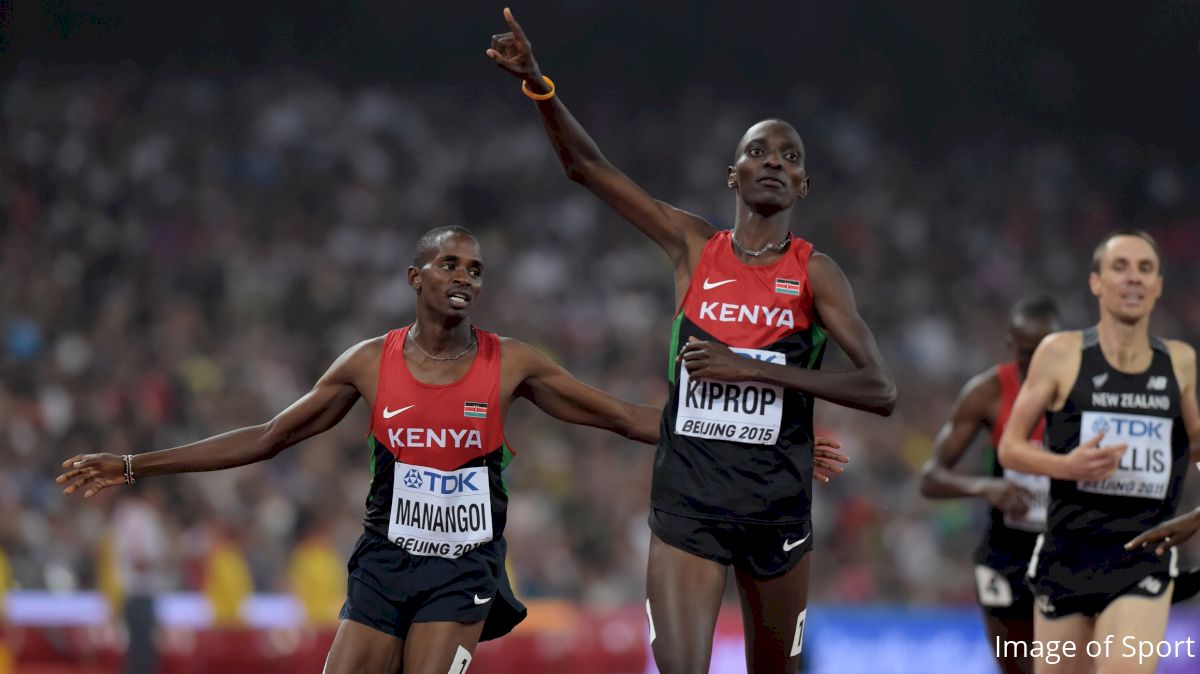Athletics Integrity Unit Refutes Asbel Kiprop's Wild Doping Story
Athletics Integrity Unit Refutes Asbel Kiprop's Wild Doping Story
The Athletics Integrity Unit issued a statement today refuting Asbel Kiprop's lengthy claims about why he failed a drug test.

The Athletics Integrity Unit (AIU) has confirmed the rumors that four-time global champion Asbel Kiprop produced a positive test for EPO, and also responded to Kiprop's bewildering Facebook statement that alleges he was extorted by anti-doping officials and the integrity of his sample was possibly compromised by the same men.
The organization revealed that Kiprop produced a urine sample containing EPO collected via an out-of-competition drug test on November 27 of 2017.
The 28-year-old Kenyan athlete was notified of the result on February 3 and additionally informed on February 20 that the "B" sample confirmed the presence of EPO in his system.
Kiprop says he was alerted ahead of time about the drug test, which the AIU called "extremely disappointing," though "the advanced notice of testing given by the Doping Control Assistant could not reasonably have caused EPO to be present in Mr. Kiprop's Sample and, as such, the departure does not invalidate the Adverse Analytical Finding."
The 2008 Olympic champion went on to accuse the doping control officers of extortion, writing that they asked him for an unspecified amount of money, which he provided without question, and only later—after he tested positive for EPO—did he surmise that the funds were supposed to be in exchange for good test results, and that perhaps he did not provide a large enough sum.
"At that time I did not see the money as inducement or bribe or anything. I gave it in good faith thinking they may have some need known to them," Kiprop wrote in his Facebook post. "In retrospect I now clearly see the money as having a relationship with the sample collected on that date, and even the irregular advance notice I was given."
To this, the AIUI wrote simply that the organization "is satisfied there has been no mix up or tampering with the Sample."
Additionally, Kiprop alleges that he was "asked to admit that I have doped so that I would be made an ambassador of I.A.A.F. on anti-doping. I have refused, as this is not only untrue but also a fraud."
The AIU claims to have met with Kiprop to notify him of the results and to give him a chance to provide them with more information about doping in sport, but "any suggestion that there was anything improper about this conversation is categorically untrue."
Kiprop's case will now be considered by the IAAF, which could sentence the third-fastest man in the history of the 1500m to a four-year ban from sport.
Read the full AIU release below.
Read Kiprop's full Facebook post below.